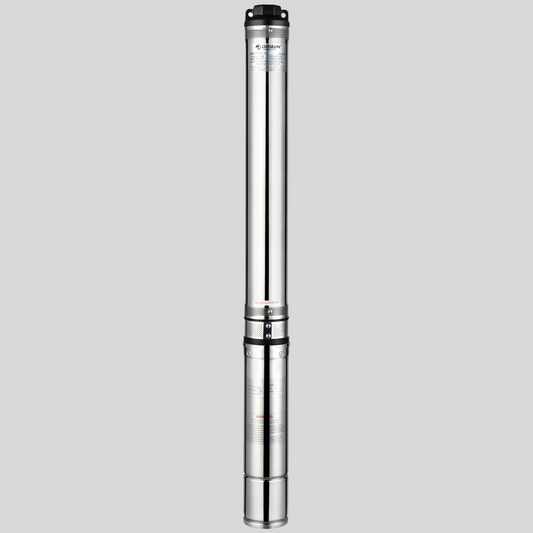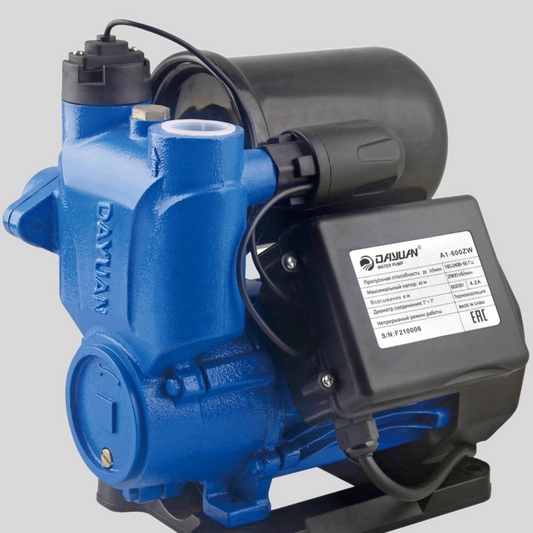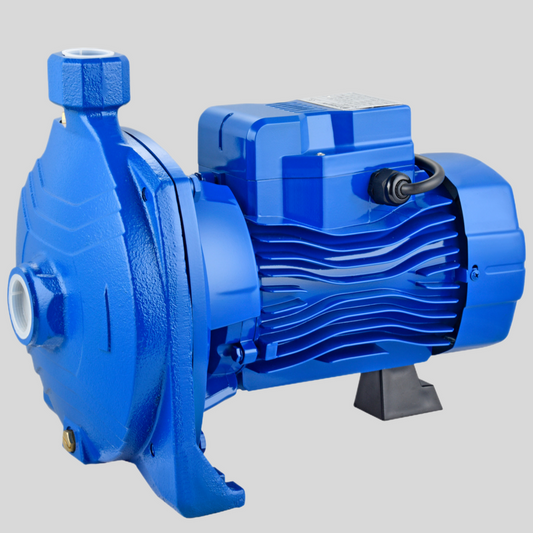FAQs
Frequently Asked Questions When Specifying a Water Pump
Your Comprehensive Guide
Introduction
Specifying the right water pump for your needs can be a complex task. To help you navigate this process, we have compiled a list of frequently asked questions that address the most critical aspects.
Collapsible content
What are the common types of water pumps?
There are several types of water pumps, including:
- Centrifugal Pumps: Utilize rotational energy to move water through an impeller.
- Submersible Pumps: Designed to be submerged in water and are commonly used in wells.
- Diaphragm Pumps: Operate using a diaphragm and are ideal for handling various liquids, including those with solids.
- Booster Pumps: Increase the pressure of water in systems with low pressure
What factors should I consider when choosing a water pump?
When specifying a water pump, consider the following factors:
· Flow Rate: The volume of water the pump can move per unit of time (typically measured in cubic meters per hour or liters per second
· Head Pressure: The height to which the pump can lift water, measured in meters.
· Power Source: Determine whether the pump will be powered by electricity, gasoline, or solar energy.
· Fluid Characteristics: Consider the viscosity, temperature, and presence of solids in the fluid.(what medium is being pumped)
· Installation Environment: Assess whether the pump will be used indoors, outdoors, in a well, or submerged.
How do I determine the appropriate flow rate for my application?
To determine the flow rate required for your application:
- Identity how much liquid needs to be moved.
- Consider the time frame within which the water needs to be moved.
What is the significance of head pressure in pump selection?
Head pressure is crucial because it defines the pump’s ability to overcome resistance and lift water to the required height. When calculating head pressure, consider:
- Static Head: The vertical distance between the water source and the discharge point.
- Friction Loss: The resistance caused by the piping and fittings through which the water flows.
- Total Dynamic Head (TDH): The sum of static head and friction loss.
How do different impeller types affect pump performance?
Impeller types impact the efficiency and application suitability:
- Open Impeller: Best for handling solids andviscous fluids.
- Semi-Open Impeller: Suitable for fluids
with some solids and offers moderate efficiency. - Closed Impeller: Provides high efficiency andis ideal for clear fluids.
What maintenance is required for water pumps?
Regular maintenance is vital to ensure the longevity and efficiency of water pumps. Key maintenance tasks include:
- Inspecting and cleaning the pump and
impeller regularly. - Checking seals, bearings, and other moving parts for wear and tear.
- Ensuring the power source and electrical connections are in good condition.
- Monitoring performance indicators like flow rate and pressure.
Hot Sales
-
DAYUAN 3Dm2/ 3Dm3/ 3Dm4 Borehole Pump from 0.37-2.2Kw/ Max. flow 5m³/h, Max. head 191m, Price from
Regular price From R 0.00 ZARRegular priceUnit price / per -
DAYUAN 4Dm2/ 4Dm3 Borehole Pumps from 0.37-4Kw/ Max. flow 5m³/h, Max. head 414m, Price from
Regular price From R 0.00 ZARRegular priceUnit price / per -
DAYUAN A1-ZW Self-priming Vortex Pump from 0.2-1.1Kw/ Max. flow 6m³/h, Max. head 55m, Price from
Regular price From R 3,171.00 ZARRegular priceUnit price / per -
DAYUAN DCm-C Centrifugal Pump from 0.37-2.2Kw/ Max. flow 9m³/h, Max. head 45m, Price from
Regular price From R 2,882.00 ZARRegular priceUnit price / per



